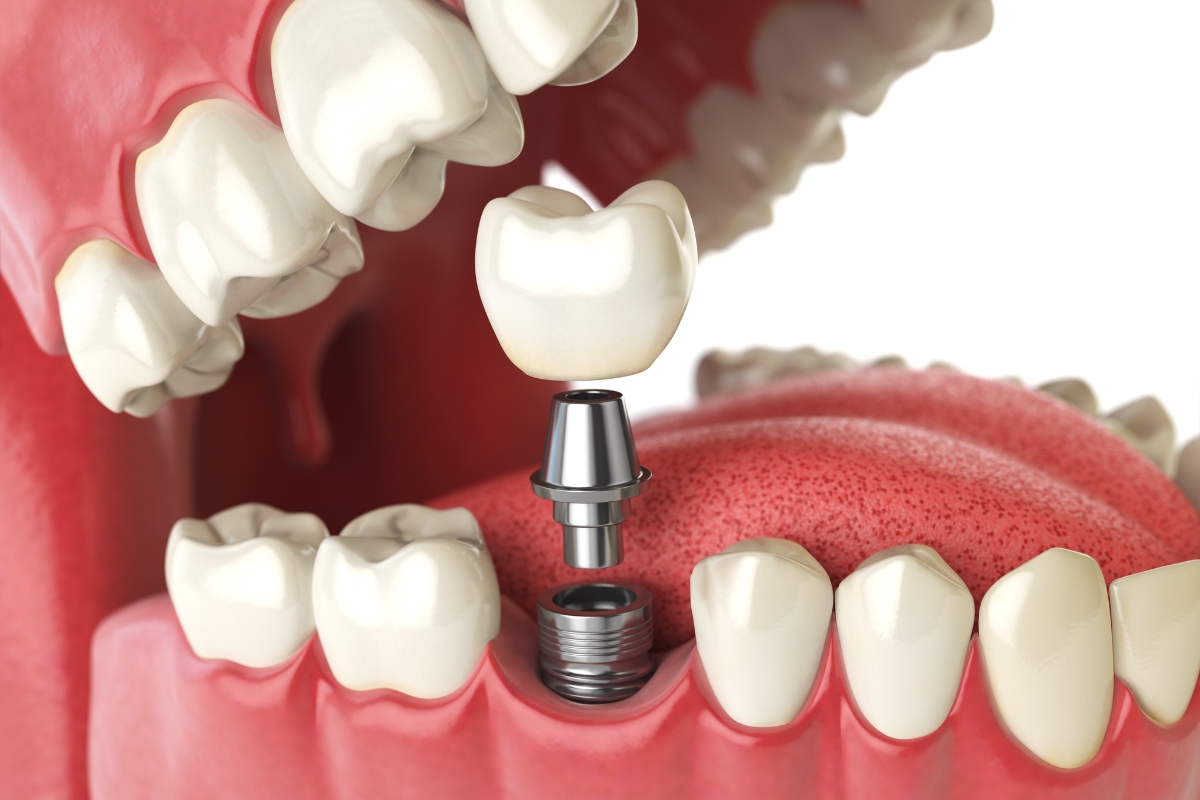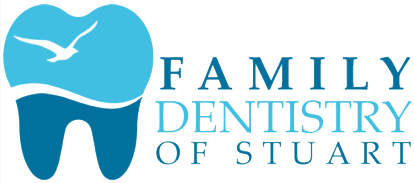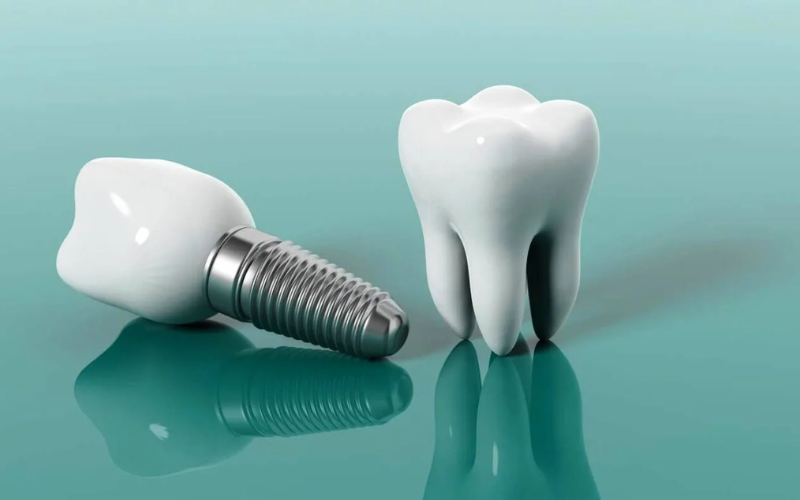5761 SE Federal Hwy, Stuart, FL 34997
Are You a Candidate? A Comprehensive Guide to Dental Implant Eligibility

Dental implant treatment remains the best method for filling lost teeth. The majority of patients are worried about qualification before starting this life-altering process. Unsubstantiated concerns typically relate to uncertainty, misinformation, or conflicting online advice. Some worry that age will disqualify them, whereas others fear medical conditions will prevent success.
In reality, qualification depends on a number of health and lifestyle factors, rather than speculation. This blog explains dental implant requirements, candidacy indicators, and the consultation process. Patients will know how to prepare for treatment confidently.
What Are Dental Implants and Why Do They Matter?
A dental implant is a titanium post that is placed within the jawbone in place of a tooth. An artificial root, it holds a crown that feels and appears natural. Patients choose implants because they restore chewing function, stability, and general oral confidence.
Implants do not move or require adhesives, unlike dentures. They do not require bridges, which push other teeth together and can cause the bone to deteriorate. Dental implant treatment promotes appearance and facial harmony support. Implants, most patients discover, provide the most natural teeth-like sensation available today.
Who Is the Ideal Candidate for Dental Implants?
Good gums and adequate jawbone density are requirements for successful dental implant treatment. Patients with good oral hygiene habits tend to qualify easily. Smokers do face challenges. However, success rates are considerably higher once they quit smoking.
Excellent oral health with no active decay or infection is the need for dental implant surgery. Patients need to be committed to follow-up visits and care. A qualified dental professional evaluates bone, gum health, and preparedness during consultation. Well-prepared patients for aftercare ensure more predictable and reliable implant treatment.
Is Age Important for Dental Implant Appropriateness?
Dental implant surgery depends more on health than age. Younger patients must wait until bone development in the jaw finishes, generally in late adolescence. This allows enough stability and long-term success of the implant. Older individuals have a tendency to think age will keep them out of the implant surgery.
In reality, many older adults do well with dental implants in Stuart. General medical health is more important than age when determining suitability. Implant surgeries are successful in older adults with good bone density and stable health.
What Medical Conditions Could Affect Implant Success?
Certain medical conditions affect the success of implants. Patients with uncontrolled diabetes could find that they cannot heal as well after surgery. Gum disease must be treated before implant surgery. Osteoporosis or cardiovascular disease can influence candidacy, which depends on severity.
Certain medications, like blood thinners or steroids, can cause healing to be disturbed. Complete medical history disclosure ensures safe implant planning and achievement. Effective communication between the healthcare provider and patient improves treatment decisions. Consultation for an implant always entails a discussion of health conditions for specificity.
Do You Need Bone Grafting Before Implants?
Bone loss naturally follows untreated missing teeth. Implant success relies on solid jawbone support. If significant bone loss exists, bone grafting is required. Bone grafting introduces bone material and makes the jaw stable enough for implant placement.
Implant procedures tend to be successful following grafting when the site is made strong. Imaging and scanning aid in discerning whether grafting is needed before surgery. Bone grafting prolongs treatment time but enhances long-term stability. Most patients become eligible for implants following grafting procedures when bone density is improved.
How Lifestyle Options Impact Dental Implant Eligibility
Lifestyle plays a major role in the success of dental implants in Stuart. Smoking impairs circulation and healing post-implantation. Alcohol use affects bone integration and implant stability.
Poor oral hygiene results in increased infection rates and lowers implant survival. Brushing, flossing, and regular dental care are essential. Patients adopting healthy habits achieve better long-term success.
Dental implant care does not end after treatment. It is a lifelong process. Following instructions guarantees maximum comfort, function, and longevity.
Dental implant eligibility is based on health, habits, and bone density. The best results come from consultation with a dental professional. Do not rule yourself out because of age or health without the input of a dentist. Implant choices remain open to many who qualify on the most fundamental level.
Take the first step confidently today by scheduling your consultation with us to see if implants are right for you.




